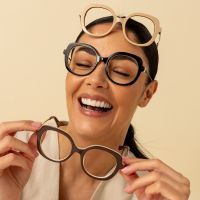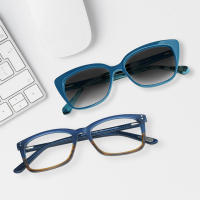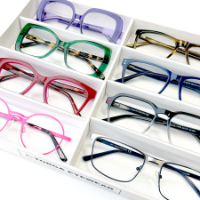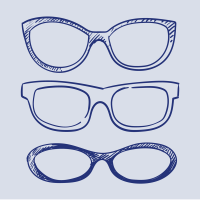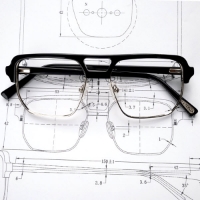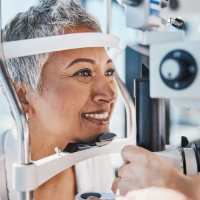All about lens polarization
Many cyclists fear that with polarised lenses they will not be able to view their Garmin or cycling navigation devices. This is generally untrue. Most cycling computers available these days work very well with polarised lenses.
Whether you're a runner, cyclist or enjoy flyfishing, polarised lenses are extremely effective at reducing reflective glare. Glare is the bright, harsh light that bounces off reflective surfaces like water, snow, cars, and the road. When sunlight travels, it does so in vertical wavelengths, hitting flat or reflective surfaces. The light is then reflected horizontally, which intensifies its brightness. Polarised lenses have a filter that blocks this horizontal light, dramatically reducing the reflected glare.
Glare reduction, which is what polarisation achieves, is very important to cyclists as well as many other athletes. However, contrast is also important as it allows the cyclist to identify potholes, objects or debris while moving through shadow as well as light. Polarised lenses are often a darker tint, with the result being that the necessary contrast may be reduced.
Deciding whether polarised sunglass lenses are necessary for you, as a cyclist or a runner, will depend on under which conditions you ride or run (location and environment) as well as how light-sensitive your eyes are. Polarisation is most helpful in very sunny environments and for athletes who have very light-sensitive eyes. If your sporting conditions are cloudier or are generally more overcast, you will need lenses that achieve more contrast. Lighter tinted lenses that are brown, amber, rose copper, and yellow will help to achieve this contrast.



